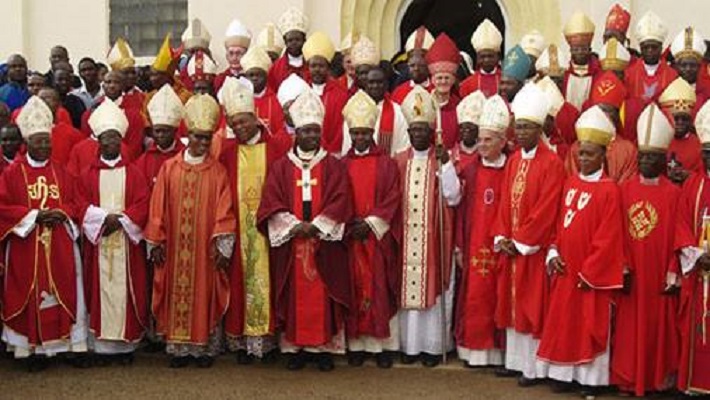By Odiwuor Opiyo
ABUJA, JUNE 17, 2022 (CISA) – The Catholic secretariat of Nigeria has urged all Nigerians to seek for unity and justice. This comes in the light of recent developments in the political space as the country gears up for a general election in 2023.
“We call on all Nigerians, individually and collectively, to do everything in their power to seek and work for unity and justice, so that we may attain that peace we all desire. There is no alternative to peace!” reads a statement dated June 15 and signed by Fr Zacharia Nyantiso Samjumi, the Secretary – General and Fr Michael Nsikak Umoh, Director of Social Communications.
The secretariat, however, emphasized equality maintaining that, “In pursuit of peace, it is imperative to remind everyone that all Nigerians, irrespective of creed or region, are equal; as such, there must be sensitivity in the spread of political positions without compromising competence.”
While the initiated political process has positive aspects to it according to the secretariat, the conduct of some politicians remains wanting in the face of a threatened political fabric if the consistent religious animosity is anything to go by.
Among the positive pointers are the passing of the Electoral Act 2022 which allows the use of electronic devices for accreditation and in the capturing and transmission of results and the prompt release of election timetable by the Independent National Electoral Commission (INEC), all of which have consequently renewed confidence in the electoral process as demonstrated in the massive last minute turn out for voter registration.
“It is, however, disheartening to observe that the conduct of most of our politicians seem to be going from bad to worse as we witnessed a show of shame and heightened ugly culture of money politics during the recently held primaries,” wrote the secretariat.
Even in the face of a glaring crisis and division, the secretariat urged; “we must not lose sight of the fact that the unity of this country has, over the years, been maintained by a delicate balancing of the religious and the regional.”
